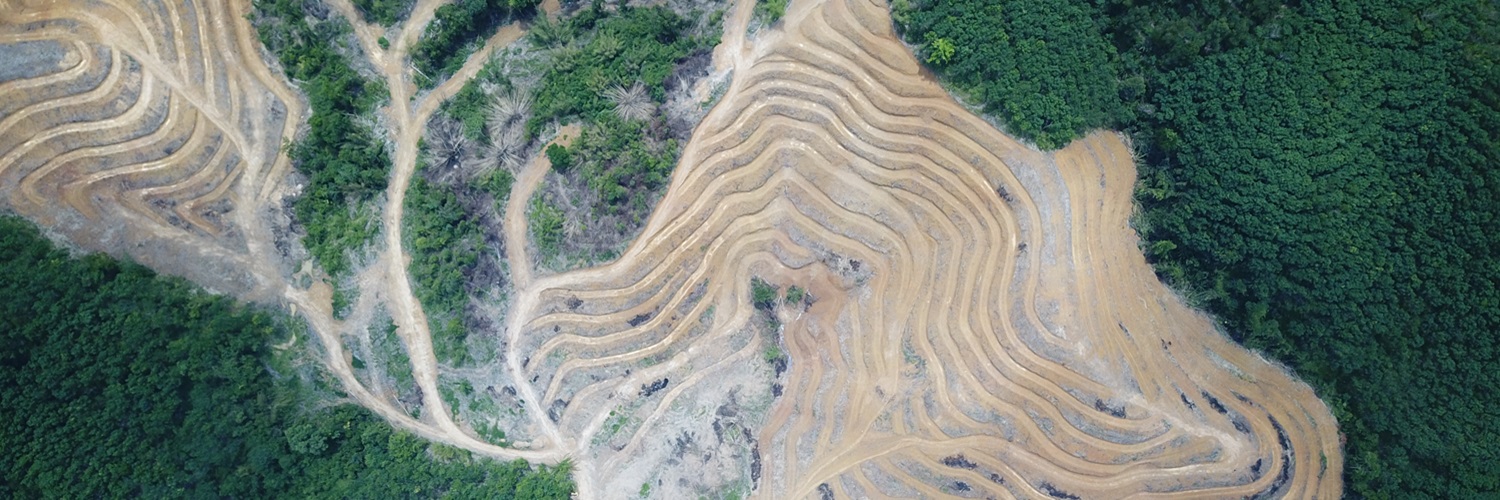Shocks to the global economy related to biodiversity loss and ecosystem damage could cost upwards of $5 trillion. Human-driven pollution, deforestation, land-use change and overextraction, are fundamentally eroding the natural capital upon which our societies and economies are built – including our water, clean air, fertile soils and pollinators – and act as ‘risk amplifiers’ on the impacts of climate change.
Since the agreement of the Kunming-Montreal Global Biodiversity Framework (GBF) in late 2022, the critical economic importance of nature has risen fast up the agenda, and with this new study, the potential systemic implications for our economies and finance are becoming clear. Finance is an important part of the solution to nature recovery; understanding the risks is the first step to redirecting financial flows away from activities that undermine nature, such as deforestation, and toward those that protect and restore natural systems.
On 13th December, the Network of Central Banks and Supervisors for Greening the Financial System (NGFS) – the network of over 120 Central Banks and supervisors globally – releases recommendations toward the development of scenarios for assessing nature-related economic and financial risks. As part of the work of the NGFS Task Force Nature, Oxford’s Environmental Change Institute has studied the development of scenarios for climate-nature shocks and gathered the evidence on the macro-criticality of nature for the global financial system. The analysis focused on three risks: water, pollution and pollination.
Dr Nicola Ranger, lead author of the study and Director of the Resilient Planet Finance Lab at the Environmental Change Institute said: "Protecting and restoring nature is essential for the functioning of our economies and a vital component of adaptation to climate change." Reflecting on the status of the negotiations at COP28, she explains: "Nature is not the elephant in the room, it’s the huge green scorpion running towards us. The sting in its tail will significantly amplify the impacts of climate change in ways that are difficult to predict. It’s not just about birds and butterflies, we are fundamentally eroding the natural capital upon which our societies and economies are built."
The full article describing the study is available from the Environmental Change Institute.
